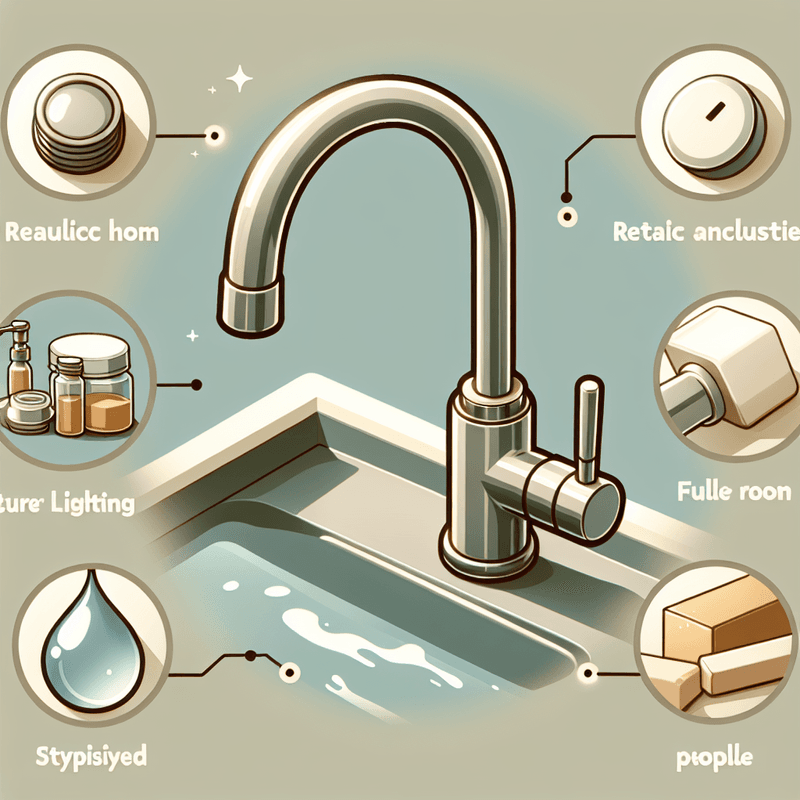Water leaks are akin to the unseen termites of a building's integrity and efficiency. Left unchecked, they can wreak havoc, leading to costly repairs and significant water wastage. However, detecting a hidden water leak is not always straightforward. Often, the first signs are subtle—perhaps a spike in your water bill or an unexplained damp patch on a wall. In this post, we'll delve into what causes these hidden leaks, how to identify them, how to manage them, and when you should definitely call in a professional.
Why Do Hidden Leaks Happen?
Hidden water leaks can occur for a variety of reasons. Commonly, they're the result of wear and tear on plumbing systems. Pipelines, especially in older properties, can become corroded or damaged by shifting structures or root intrusion. Sometimes, the installation might not have been carried out perfectly, leading to slow leaks that take time to become apparent.
Identifying a Hidden Leak
Detecting a hidden leak early is crucial. There are several signs to watch out for:
1. Unusually High Water Bill: If your consumption habits haven't changed but your bill has spiked, it might be time to investigate.
2. Musty Smells: Persistent damp, musty odors in certain areas can suggest hidden moisture.
3. Damp Patches and Stains: Discoloration or wet spots on your walls, ceilings, or floors are tell-tale signs.
4. Mould and Mildew: These not only suggest a possible leak but pose health risks as well.
5. Sound of Continuously Running Water: Hearing water when no tap is open can indicate a leak.
Initial Steps to Manage a Suspected Leak
If you suspect a leak, there are a few initial steps you can take:
- Check Your Water Meter: Turn off all water-using appliances and check the meter. If it continues to run, you likely have a leak.
- Conduct a Dye Test in Toilets: Toilet leaks can often be silent culprits. Putting food dye in the tank and seeing if it seeps into the bowl without flushing indicates a leak.
- Inspect Appliances and Faucets: Examine tap connections, dishwasher hoses, and any visible piping for signs of leakage.
Professional Leak Detection Techniques
When DIY methods don’t cut it, or the leak’s location remains elusive, professional detection methods come into play:
- Thermal Imaging Cameras: These devices detect variations in wall temperatures, which can indicate the presence of moisture.
- Acoustic Devices: Used to listen for the sound of escaping water within walls or under floors.
- Endoscopic Cameras: Small cameras that journey through the pipe system to visually identify leaks.
When to Call a Professional
Some situations definitely require a professional touch:
- No Visible Source: If you've ruled out surface leaks but symptoms persist, the problem might be deeper within your walls or underground.
- Risks of Structural Damage: Professional intervention minimizes the risk of further damage when tracking down the source.
- Complex Plumbing Systems: In complex systems, especially in older homes or larger buildings, locating leaks might require sophisticated equipment and expertise.
Long-term Prevention
Preventing future leaks is as important as addressing present ones. Regular maintenance checks and addressing minor issues promptly can save a lot of hassle down the line. Here’s what you could consider:
- Regular Inspection of Pipelines and Appliances: Routine checks can help catch issues before they escalate.
- Softening Water: Hard water can accelerate corrosion in pipes. Consider installing a water softener if you live in a hard water area.
- Updating Old Plumbing: If your home is old and still has its original plumbing, it might be time for an overhaul.
Conclusion
Dealing with hidden water leaks can be stressful, but understanding what to look out for and when to involve a professional can significantly ease the process. Whether you tackle some initial checks yourself or call in the experts right from the start, managing and preventing leaks requires vigilance and prompt action. Remember, the health of your home and your wallet could depend on it.





